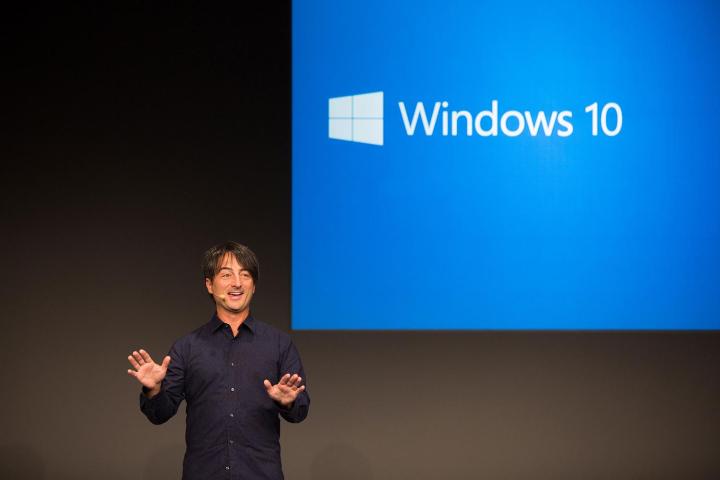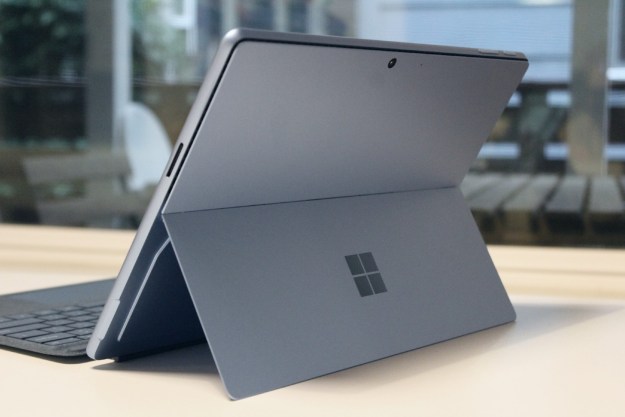
Save $20 on Ultimate Help Desk service for Win10 transitions. MSRP $99.99
There will undoubtedly be a great deal of people eager to grab Windows 10 when it launches tomorrow — even considering the number of Insider Program members already running a preview build. To cut down on the log jam, Microsoft has begun the process of circulating the files needed to install the OS tomorrow.
If you reserved your free upgrade, you’ll likely start your download today. Indeed, many users have already noticed that their system has begun the process, according to a report from WinBeta. While some have observed bit and pieces of the OS being downloaded, others have reported that the .esd file that contains Windows 10 is already present on their hard drive, ready and waiting for July 29.
The intention here is to spread the weight, in an effort to prevent any major problems from spoiling the party tomorrow. Windows 10 presents such a different approach to an OS upgrade for Microsoft that it’ll be interesting to see just how many people take the company up on their offer. The bargain price of free will be too much for many to pass up, especially in conjunction with the curiosity surrounding a brand new OS.
If you’ve already enrolled to reserve your copy, Windows 10 will downloaded automatically, so don’t worry about having to prompt your system to get in line. However, if you’re looking to get the inside track ahead of the hotly anticipated release of the OS, the Digital Trends guide to prepping for Windows 10 is a good place to start.
Editors' Recommendations
- The most common Windows 11 problems and how to fix them
- Microsoft announces a new threat to push people to Windows 11
- Windows 11 vs. Windows 10: finally time to upgrade?
- Windows 11 24H2 or Windows 12? Here’s what’s coming soon
- Beware! The latest Windows 11 update might crash your PC


